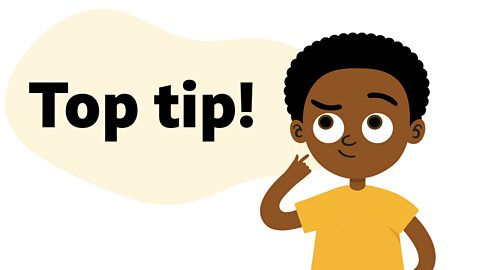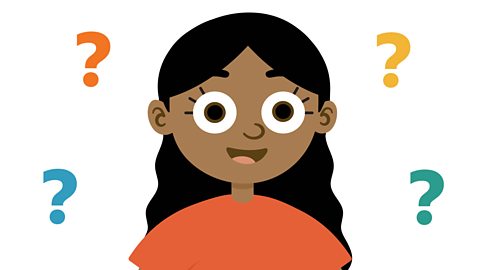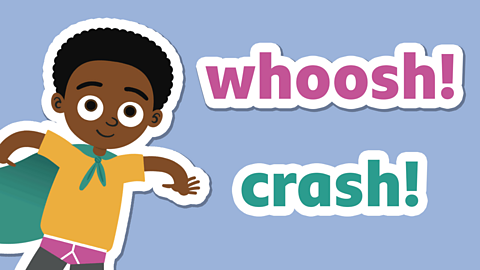Watch: Who is the audience?

Different audiences are interested in different things.
Think about who you are writing for and what they already know, and then use language they will understand.
Work out who the audience is before you start writing - this will make it much easier.

Narrator: Hey Frank, who’s going to be reading your next scary story?
Oh Frank.
Different audiences are going to be interested in different things.
Think about who you are writing for, what they already know and don’t forget to use language they will understand.
Ey, what’ve you written there?
Umm, 'the ghost was sick'.
Ah, you see Frank. Different audiences will react to the words you use in different ways!
Frank: And the ghost went WWHHHOOOOOHHHH!
Narrator: Good try Frank.
Plan your writing, think about the audience before you put pen to paper and keep it real bro.
Ghost: Acchoo!
What are the purposes of writing?

Writers also need to consider the purpose of their writing (the thing they are aiming to do or achieve in their writing), as this affects what words they choose as well.
There are lots of different purposes for writing.
For example, to:
- entertain the reader or make them laugh
- express an opinion
- describe facts or situations
- explain a process or problem
- evaluate results or evidence
- inform the reader about something, such as news


Top tip!
The way you write matters to your audience!
- Decide on the purpose of what you want to write. Then think about the kind of person you imagine will read it.

Who are your readers going to be?

Before you start to write something, spend some time thinking about who your readers are going to be.
Ask yourself these questions:
What will my readers expect from my writing?
What facts do my readers already know?
What words will they know and understand?
Having answers to these questions before you write will help to make sure your writing fits its purpose.

Activity 1
Activity 2
Activity 3

Read the text below.
‘In the past, three diminutive porcine creatures (also known as little pigs) were domiciled in a verdant pasture.’
It's the start of The Three Little Pigs but instead of writing words a young child could understand, the writer has used long, formal words that make the story much harder to follow.
For a young child, the start of the story would have been better written as:
Once upon a time, three little pigs lived in a green field.
Top tip!
- 'Diminutive' means little, 'were domiciled' means lived, 'verdant' = means green, 'pasture' means field.

Top tip!
- 'Diminutive' means little, 'were domiciled' means lived, 'verdant' = means green, 'pasture' means field.
Play Crystal Explorers to get ready for SATs. gamePlay Crystal Explorers to get ready for SATs
In this game, use grammar, punctuation and spelling skills to explore jungles, caves and tombs on your mission!

More on Creative writing
Find out more by working through a topic
- count8 of 13

- count9 of 13

- count10 of 13

- count11 of 13
